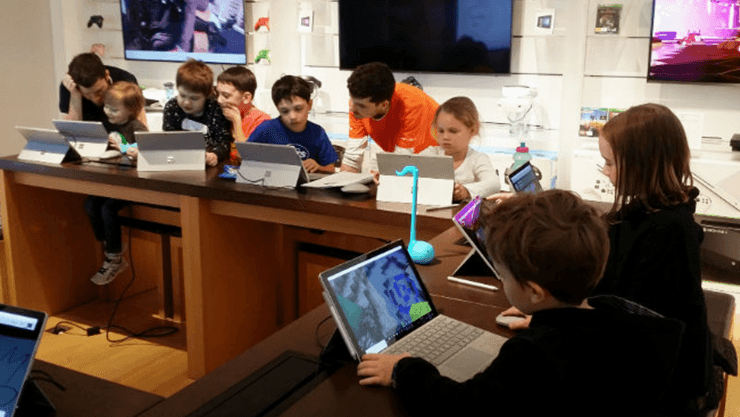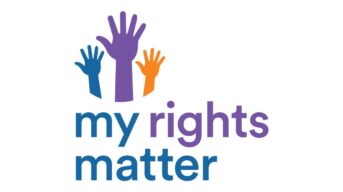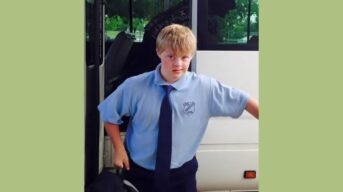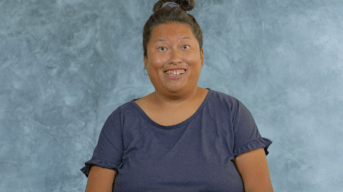
Autistic kids feeling safe, accepted and free to dive into their shared passion
For four months, my autistic daughter, a pre-teen who prefers to sleep in on most days, has bounded out of bed on Sunday mornings, eager to catch the train into the city.
During this time, she has been part of a wonderful pilot program, generously supported by a grant from Team Up.
For the first portion of the program, my daughter and five of her autistic peers, all Minecraft enthusiasts, received coaching and support from gaming specialists at Microsoft in order to enhance their own capabilities.
During the latter part of the program, the kids had a chance to introduce six younger children, some autistic, some not, to the joys of Minecraft. It has been a beautiful experience from start to finish.
Feeling safe and accepted
Something truly magical happens when you put autistic kids in an environment where they feel safe, accepted and free to dive deeply into an area of shared passion.
Many of the challenges that our kids might face at school, for instance, anxiety over presenting in class or navigating the school yard, disappear when they are able to showcase what they can do.
For my daughter, the oldest participant in the group, there has been the extra bonus of acting as “the senior dean” of the team and serving as a role model for the younger kids.
The program is very different from many of the other extra curricular activities we have tried over the years. I think the magic comes down to three key factors.
Lived experience
Firstly, it is not by accident that this successful pilot was conceived and overseen by an autistic parent of autistic kids. Only someone with the lived experience of having once been an autistic child can truly understand how our kids see and process the world.
If this program goes forward, and I certainly hope that it does, it would be imperative to have autistic voices involved in the leadership.
Secondly, the team at Microsoft is so committed to the program and enthusiastic about nurturing our kids. Children can detect when interest and respect are genuine, and their Microsoft coaches have been able to build those trust-based relationships with them.
Flipping the narrative
Finally, the program is so meaningful because everything about it is designed to highlight our kids’ strengths and passions.
Far too often, the narrative around autism focuses on deficits. When you flip that narrative, and provide the right support, there is no limit to what autistic young people can create!
This blog post was written by Kristen C., mother of Minecraft Mentor participant.
If you want to learn more about peer support, email us at info@cid.org.au or call us on 1800 424 065.



 1800 424 065
1800 424 065 














